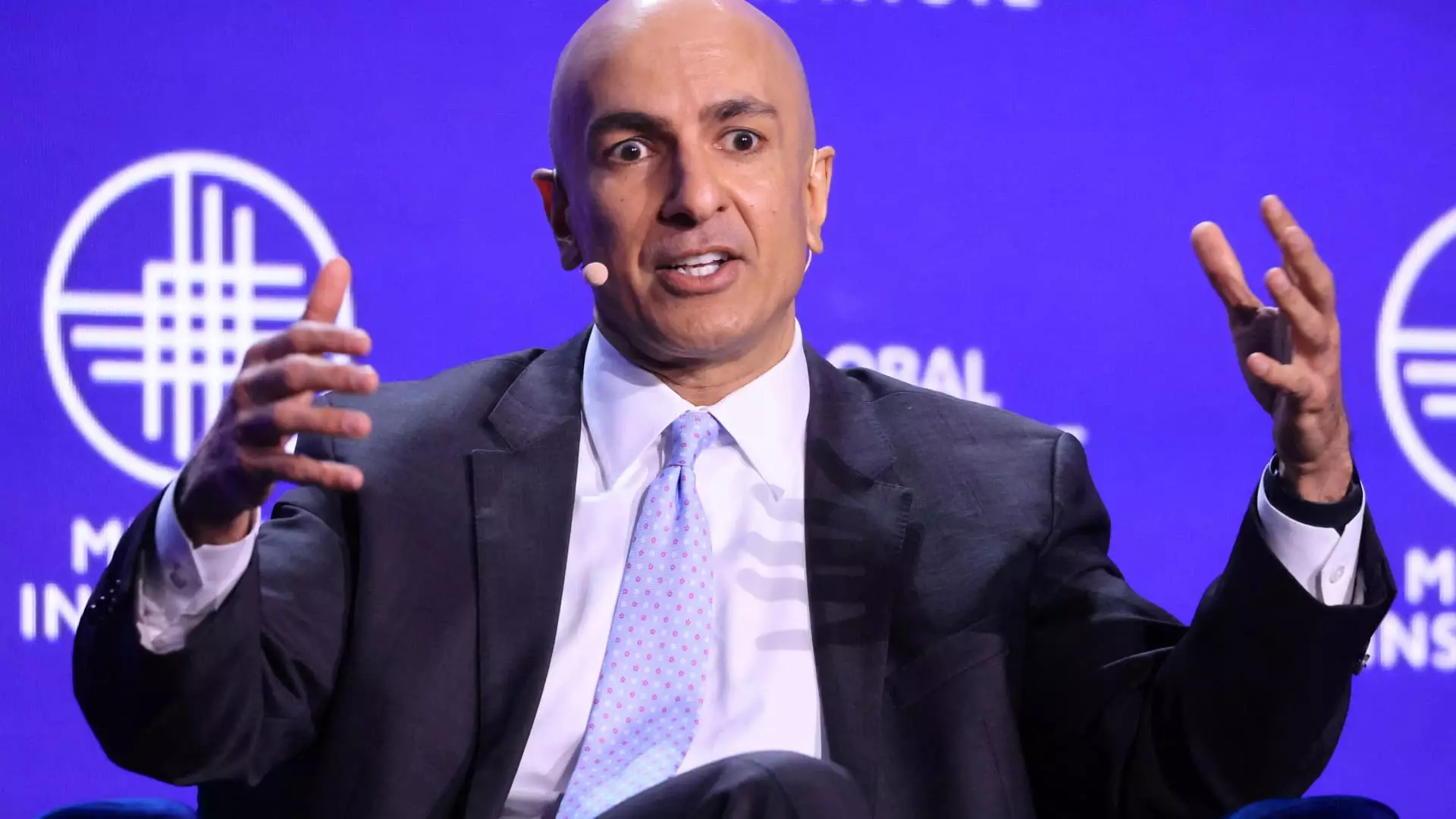In recent discussions surrounding the economic policies of President-elect Donald Trump, Minneapolis Federal Reserve President Neel Kashkari has voiced significant concerns regarding the implications of his proposed tariffs. Kashkari draws attention to the notion that while a one-time imposition of tariffs may not inherently disrupt long-term inflation rates, the potential for retaliatory actions from global trade partners could spiral into a trade war, leading to heightened economic instability. The fundamental issue lies in the cascading effects of imposed tariffs on both domestic and international markets.
A Review of Trade Wars and Their Consequences
Historically, Trump’s first term bore witness to a substantial trade conflict with China, marked by tariffs on a variety of Chinese imports. This conflict set a precedent where retaliatory tariffs from China resulted in detrimental effects on many sectors within the U.S. economy. As Trump prepares for a potential second term, his proposals reveal a more aggressive stance against not just China, but all importing countries, indicating a blanket 60% tariff specifically aimed at Chinese goods. Economists, as well as industry leaders, are watching closely; they express worry that such an aggressive tariff policy could reignite inflationary pressures just as the economy begins to stabilize from the severe bumps of the pandemic period.
The Current Snapshot of Inflation and Economic Policy
Reflecting on the Fed’s recent actions, Kashkari pointed out the strides made in reducing inflation rates, emphasizing the necessity of ongoing vigilance rather than premature celebrations. The Federal Reserve’s decision to cut interest rates twice in succession signals an intention to ease the monetary environment, injecting some relief as inflation approaches the institution’s goal of a 2% target. This delicate balancing act – where the Fed remains committed to fostering economic growth while managing inflationary risks – becomes increasingly complex amid proposed trade policies that could impact the broader economic climate.
Kashkari also navigates the treacherous waters of political influence on the Fed. There have been calls, especially from Trump’s camp and influential figures like Elon Musk, for a more hands-on approach regarding Fed policy decisions. However, Kashkari reiterated the significance of the Fed’s independence as a cornerstone of its efficacy. Maintaining a focus on economic indicators rather than political incentivization allows the central bank to account for the actual well-being of the economy without succumbing to partisan pressures.
As the economy teeters on the brink of significant policy shifts, Kashkari’s cautious optimism highlights the path forward. He acknowledges the need for continued observation of inflation trends and necessary data shifts to adjust strategies appropriately. The interplay between proposed tariffs, inflationary trends, and Fed independence illustrates a complicated narrative where the stakes are high, emphasizing that any move must be well-calibrated to safeguard economic health. In essence, the trajectory of U.S. trade policies could either facilitate economic recovery or trigger a new set of challenges depending on the decisions made in the political realm.

